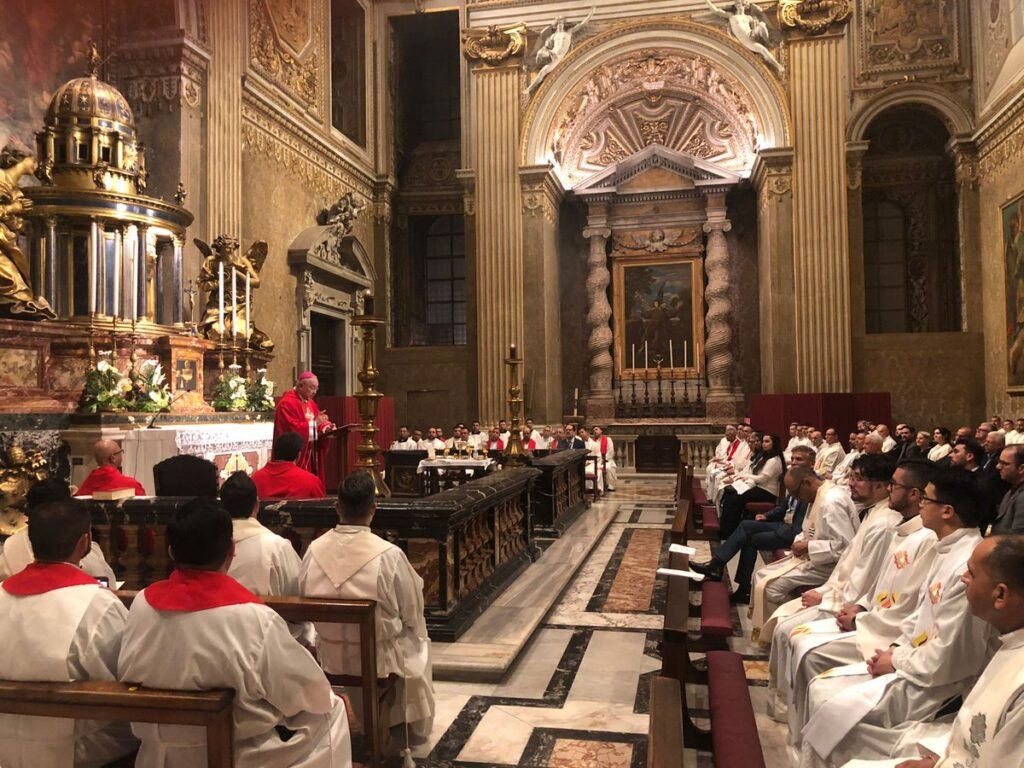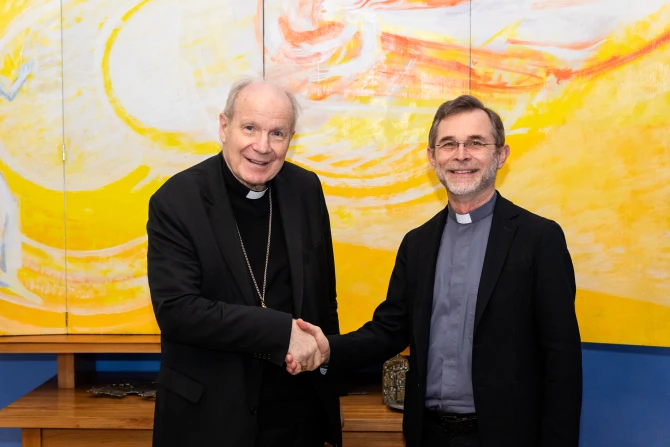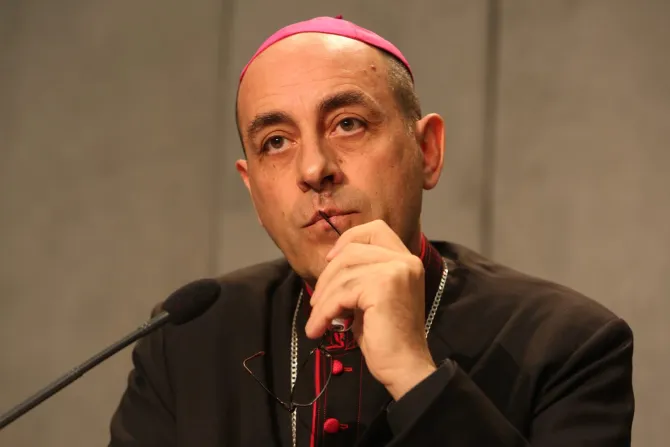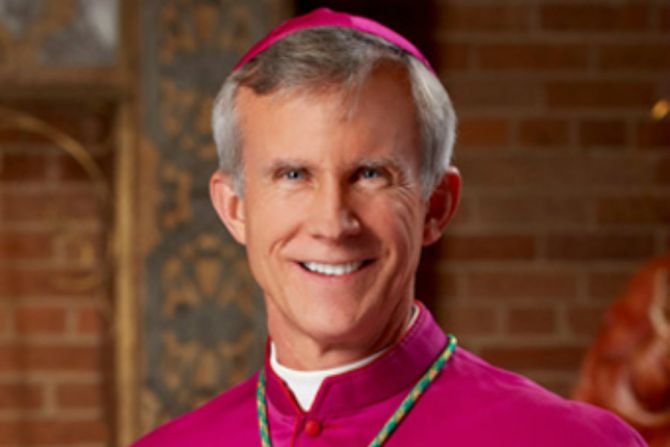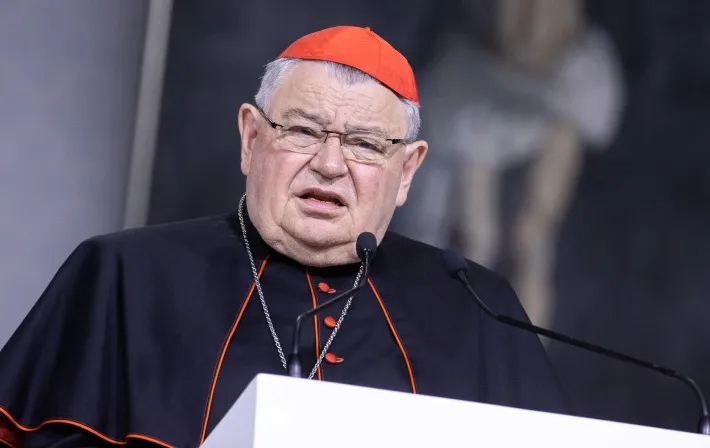Synodality must also be applied to judicial procedures. In this way, it is possible to overcome “a distorted vision of matrimonial cases,” according to which it is thought that “mere subjective interests” must be affirmed. At the same time, instead, all participants in the process “are called to contribute to the same objective, that of making the truth of a concrete union between a man and a woman shine.” This was explained by Archbishop Edgar Peña Parra, Substitute of the Secretariat of State, inaugurating, on November 9, the 2023-2024 academic year of the Studio Rotale, the graduate school to become lawyers of the Sacred Rota.
Archbishop Peña Parra identified “listening, discernment, and ruling” as three aspects of the judicial process, which must be practiced by applying “synodality,” walking together. The Substitute said there are three key concepts, just as there are three critical concepts in the ongoing synodal process: communion, participation, and mission.
Elaborating on the three key concepts of the Synod, the Substitute underlined that communion “expresses the very nature of the Church,” mission “corresponds to the apostolic commitment towards the contemporary world.” At the same time, participation guarantees that “the first two, that is, communion and mission, do not become abstract terms” but rather express “the concreteness of synodality.”
According to Archbishop Peña Parra, the unicuique suum (to each his own), the classic objective of the law, appears far from the synodal idea, which instead “suggests sharing and overcoming individualistic positions.”
For the Substitute, however, this is not the case. It is not so above all in the law of the Church because “in it, the exercise of their rights is recognized to the faithful precisely in the function of the common aedificatio Ecclesiae,” and this is why canon law “has retained a particular characteristic over the centuries, namely a double bond towards the law and pastoral needs.”
Therefore, the juridical and pastoral dimensions are “inseparably united on the ground,” and it is “the task of the authority and the operator of law to make this peculiarity concrete and possible.”
Peña Parra then recalled the function of the Rota, whose function is “to essentially say, in the judicial sphere, the last word in contentious disputes, relating to the rights of natural or legal persons to be prosecuted, in the establishment of the legal facts” such as those of the nullity of marriage, “in criminal cases and in those purely procedural questions whose solution is functional for the correct conduct of the processes that concern the substantive issues.”
He adds that it is not just a review body, which is why its work is divided into listening, discernment, and ruling.
As regards listening, Peña Parra explains that only through the exercise of “authentic listening” does the canonical process “acquire a genuinely human, pastoral, and personal dimension,” overcoming “the cold acquisition of data.”
Therefore, discernment is based on three criteria: the “firm orientation towards the truth,” “the evaluation of the evidence,” and, therefore, “moral certainty.”
Finally, the ruling, — the Substitute explains — “is a procedural act which belongs exclusively to the judge and which has as its object the definition or decision on the matter submitted to him.” It involves issuing “a judgment regarding the conformity or otherwise of the party’s claim with the substantive law, through which it is decided to accept or deny it.”
(Translated and adapted by Jacob Stein)

